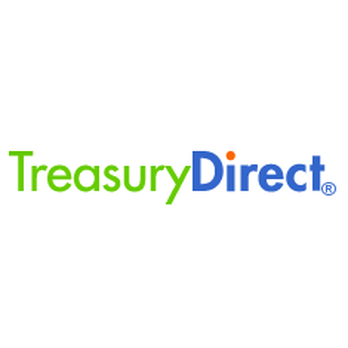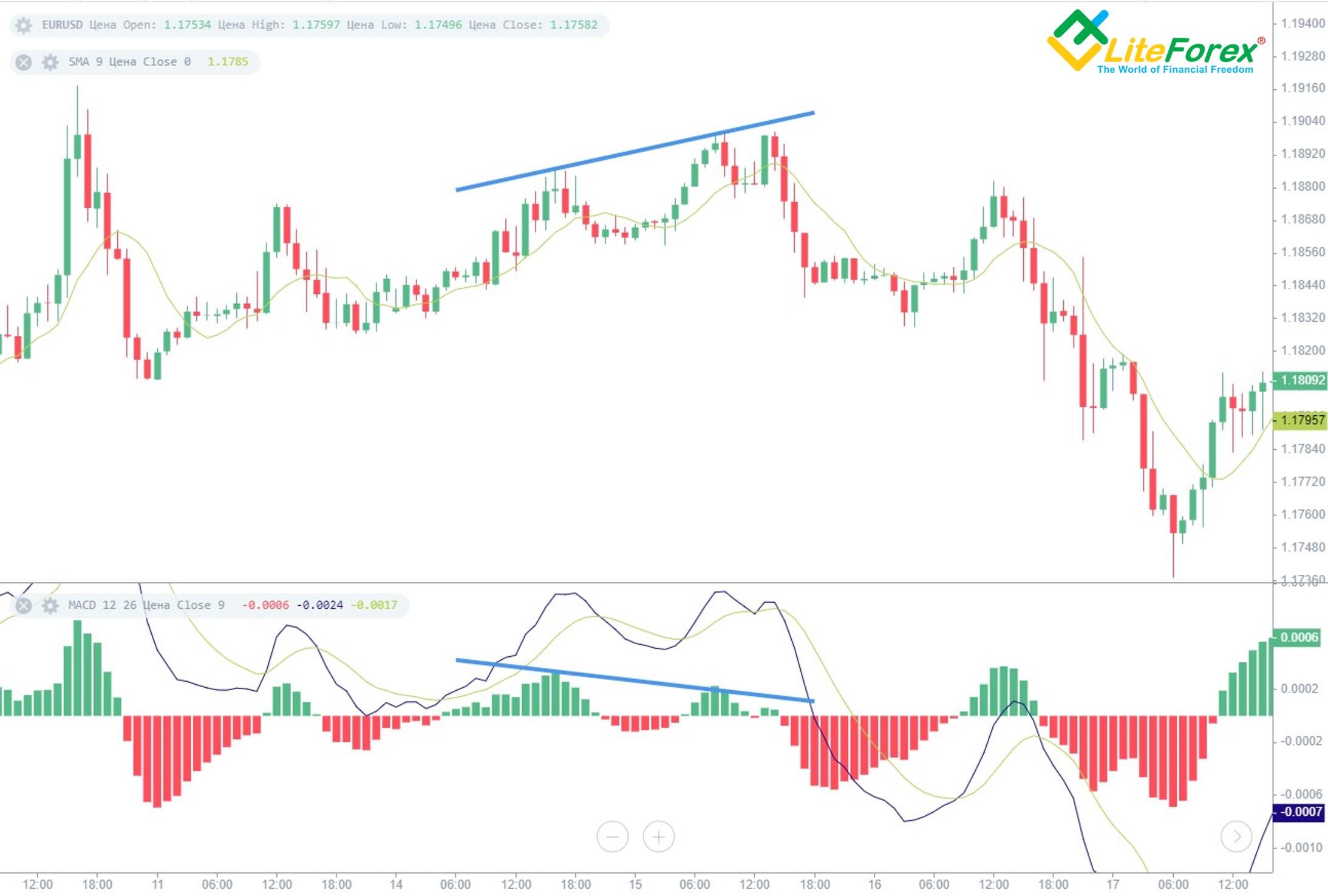
You might be wondering if there is an online stock broker that you can trust if you are a beginner in the stock market. The answer depends on your needs and the knowledge you have about investing. The following is a comparison of the best online stock brokers for beginners, including Charles Schwab, Ally Invest, Merrill Edge, TD Ameritrade, and more. There is a broker for every type of investor, including beginners.
Charles Schwab
Whether you are new to investing or you are an experienced investor, you'll find Charles Schwab's services to be helpful. There's no minimum account, no commission for stock trades or ETFs, and thousands of funds are available at a low price. Schwab is a full service broker that focuses on investing education. There are also no transaction charges, and several investment platforms are available.

Ally Invest
Although Ally Invest's platform for placing transactions is very user-friendly, it lacks advanced trading features, such as order routing and options strategies. Instead, you will need to manually cancel orders when your stop loss or profit loss triggers. Other online brokers have these features, so Ally Invest is well behind in that department. It also does not support futures and cryptocurrency trading.
Merrill Edge
Merrill Edge could be the right online stock broker for you if you're just starting out and don’t know how to trade stocks. You can trade multiple asset types with this broker and it has an easy-to-use interface. Merrill Edge also offers a list with buy-rated funds. However, this doesn't guarantee performance. You can however use their managed portfolio service to get rid of all the complexities involved in trading. This option can be chosen depending on the amount you wish to invest.
TD Ameritrade
TD Ameritrade, one of the most popular online brokers for beginners, is TD Ameritrade. Its intuitive desktop tools allow for quick trade execution. Its wealth management services include stock and option research, and third-party reports. Its "knowledge hub" contains a wealth of information about everything stock picking and investment principles. Traders can also find expert asset management and access a variety of tools and research to make better investment decisions.

Interactive Brokers
You should assess your knowledge level before you sign up for an online stock brokerage. While some brokers allow you only to invest a few dollars each, others require you deposit a greater amount to open an online account. An online stock broker might be a good option for someone starting out with a small budget. There are many benefits to using an online stock broker for beginners, including low account fees and educational resources. Continue reading to discover more about these benefits.
FAQ
Are bonds tradeable?
Yes, they are. As shares, bonds can also be traded on exchanges. They have been for many years now.
You cannot purchase a bond directly through an issuer. You will need to go through a broker to purchase them.
Because there are fewer intermediaries involved, it makes buying bonds much simpler. You will need to find someone to purchase your bond if you wish to sell it.
There are several types of bonds. Some bonds pay interest at regular intervals and others do not.
Some pay quarterly, while others pay interest each year. These differences make it easy compare bonds.
Bonds are a great way to invest money. Savings accounts earn 0.75 percent interest each year, for example. You would earn 12.5% per annum if you put the same amount into a 10-year government bond.
You could get a higher return if you invested all these investments in a portfolio.
How do I invest my money in the stock markets?
Through brokers, you can purchase or sell securities. A broker buys or sells securities for you. Brokerage commissions are charged when you trade securities.
Banks typically charge higher fees for brokers. Banks often offer better rates because they don't make their money selling securities.
You must open an account at a bank or broker if you wish to invest in stocks.
Brokers will let you know how much it costs for you to sell or buy securities. This fee is based upon the size of each transaction.
You should ask your broker about:
-
You must deposit a minimum amount to begin trading
-
whether there are additional charges if you close your position before expiration
-
What happens if you lose more that $5,000 in a single day?
-
How long can you hold positions while not paying taxes?
-
What you can borrow from your portfolio
-
Whether you are able to transfer funds between accounts
-
how long it takes to settle transactions
-
The best way buy or sell securities
-
How to Avoid Fraud
-
how to get help if you need it
-
How you can stop trading at anytime
-
How to report trades to government
-
Whether you are required to file reports with SEC
-
Whether you need to keep records of transactions
-
If you need to register with SEC
-
What is registration?
-
What does it mean for me?
-
Who should be registered?
-
When do I need registration?
How are share prices set?
The share price is set by investors who are looking for a return on investment. They want to make a profit from the company. So they buy shares at a certain price. If the share price goes up, then the investor makes more profit. The investor loses money if the share prices fall.
Investors are motivated to make as much as possible. This is why they invest. It helps them to earn lots of money.
Is stock a security that can be traded?
Stock can be used to invest in company shares. This is done via a brokerage firm where you purchase stocks and bonds.
You could also invest directly in individual stocks or even mutual funds. There are over 50,000 mutual funds options.
The difference between these two options is how you make your money. With direct investment, you earn income from dividends paid by the company, while with stock trading, you actually trade stocks or bonds in order to profit.
Both of these cases are a purchase of ownership in a business. However, if you own a percentage of a company you are a shareholder. The company's earnings determine how much you get dividends.
Stock trading is a way to make money. You can either short-sell (borrow) stock shares and hope the price drops below what you paid, or you could hold the shares and hope the value rises.
There are three types stock trades: put, call and exchange-traded funds. Call and Put options give you the ability to buy or trade a particular stock at a given price and within a defined time. ETFs, also known as mutual funds or exchange-traded funds, track a range of stocks instead of individual securities.
Stock trading is a popular way for investors to be involved in the growth of their company without having daily operations.
Stock trading is a complex business that requires planning and a lot of research. However, the rewards can be great if you do it right. This career path requires you to understand the basics of finance, accounting and economics.
What are the advantages of owning stocks
Stocks are less volatile than bonds. When a company goes bankrupt, the value of its shares will fall dramatically.
But, shares will increase if the company grows.
Companies often issue new stock to raise capital. Investors can then purchase more shares of the company.
To borrow money, companies can use debt finance. This allows them to borrow money cheaply, which allows them more growth.
Good products are more popular than bad ones. Stock prices rise with increased demand.
As long as the company continues producing products that people love, the stock price should not fall.
Statistics
- US resident who opens a new IBKR Pro individual or joint account receives a 0.25% rate reduction on margin loans. (nerdwallet.com)
- "If all of your money's in one stock, you could potentially lose 50% of it overnight," Moore says. (nerdwallet.com)
- Ratchet down that 10% if you don't yet have a healthy emergency fund and 10% to 15% of your income funneled into a retirement savings account. (nerdwallet.com)
- For instance, an individual or entity that owns 100,000 shares of a company with one million outstanding shares would have a 10% ownership stake. (investopedia.com)
External Links
How To
How to make a trading plan
A trading plan helps you manage your money effectively. It will help you determine how much money is available and your goals.
Before you begin a trading account, you need to think about your goals. You may want to make more money, earn more interest, or save money. You may decide to invest in stocks or bonds if you're trying to save money. If you are earning interest, you might put some in a savings or buy a property. Perhaps you would like to travel or buy something nicer if you have less money.
Once you know what you want to do with your money, you'll need to work out how much you have to start with. This depends on where your home is and whether you have loans or other debts. Also, consider how much money you make each month (or week). Your income is the net amount of money you make after paying taxes.
Next, you will need to have enough money saved to pay for your expenses. These include rent, food and travel costs. Your monthly spending includes all these items.
Finally, you'll need to figure out how much you have left over at the end of the month. This is your net income.
Now you've got everything you need to work out how to use your money most efficiently.
To get started with a basic trading strategy, you can download one from the Internet. Ask an investor to teach you how to create one.
Here's an example spreadsheet that you can open with Microsoft Excel.
This shows all your income and spending so far. It also includes your current bank balance as well as your investment portfolio.
Here's another example. A financial planner has designed this one.
It will allow you to calculate the risk that you are able to afford.
Remember: don't try to predict the future. Instead, focus on using your money wisely today.